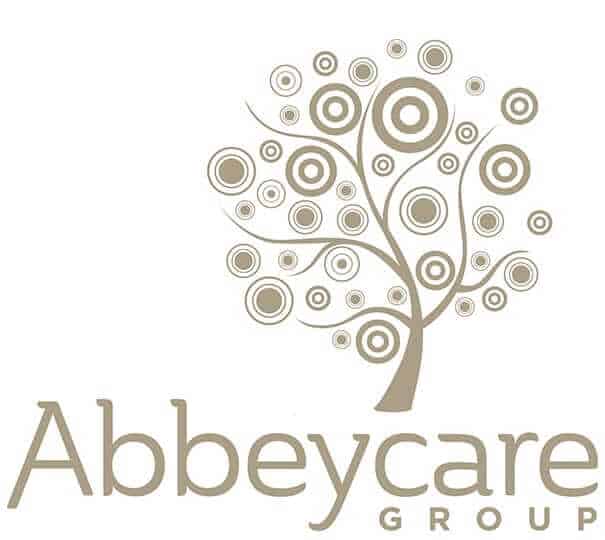Outpatient rehab is for those who are unable to attend inpatient rehabilitation rehab. Inpatient treatment has the highest success rates in helping patients stay sober for the longest time.
Those who abuse drugs and alcohol may opt for outpatient treatment due to:
- Having a robust support system at home to help in the recovery process
- Not having funds for inpatient treatment
- Unable to take time off due to caring commitments
Outpatient drug or alcohol treatment is:
- Alcohol addiction treatment as an outpatient, without staying in the facility
- Treatment either daily or for a few hours each week
- Independently carrying out self-help to supplement treatment
- Is less intensive than inpatient rehab
- Is typically between 30 and 90 days
- Is affordable
It's important to remember that both inpatient and outpatient rehab do not cure alcohol abuse. Instead, they help the individual achieve abstinence.
What Is Outpatient Rehab?
Outpatient drug or alcohol rehab is daytime treatment as opposed to living in a treatment facility.
Outpatient treatment is similar to inpatient in terms of the methods used to treat substance abuse. Where they differ is in their approach to recovery.
Outpatient drug or alcohol rehab can run in a local health department, counsellor's offices, hospitals or mental health clinics.
The three most common outpatient treatment programmes are:
- High-intensity outpatient treatment: Also known as day treatment or partial hospitalisation. This is the most intensive outpatient care and can involve 6 hours a day for the entire week
- Intensive outpatient programmes: Treatment takes place four days a week
- Low-intensity outpatient treatment: Low-intensity outpatient care is a transition programme that comes before a higher level of care. As your recovery process progresses from clinically managed to self-managed, you'll be less involved in rehab programming to continuing care groups
Benefits And Disadvantages Of Outpatient Treatment
Benefits of outpatient rehab:
- The treatment plan is structured to avoid interruption of daily activities
- Counselling sessions are offered in the evenings and on weekends
- Immediate actioning changes based on therapeutic learnings
- Family member involvement
- More affordable
Disadvantages of an outpatient treatment programme:
- Risk of relapse
- Daily life challenges or distractions remove focus from recovery
- Limited access to addiction support
- Lack of bonds formed with other clients in treatment
Outpatient Rehab Suitability
Outpatient rehab is suitable for:
- Those with moderate alcohol abuse issues
- Moderate physical and psychological health concerns due to alcoholism
- Those living near an outpatient addiction treatment facility
Outpatient rehab is not suitable for:
- Those with a severe drinking problem
- Those who have tried quitting before and have experienced emergency hospitalisation but still experienced relapse
Outpatient Alcohol Rehab - What To Expect
Detox
Detox removes the substance from the body, whilst coping with withdrawal symptoms. Depending on the severity of substance abuse, withdrawal symptoms can range from moderate to severe.
As some withdrawal symptoms are deadly, some outpatient programmes offer their clients the option of inpatient care with a medical professional during this stage.
Individual Assessments And Therapeutic Treatment
Individual assessment and therapeutic treatment are provided in a one-on-one setting and involve a therapist working with the addict to deal with the underlying causes of addiction.
In an outpatient programme, therapeutic sessions can occur for up to a year.
Most private treatment centres allow clients to explore different individual therapy models before deciding on the most effective therapy structure.
Group Therapy
Group therapy involves recovering individuals sharing advice and experiences, engaging in conversations that challenge existing world view and addressing the distorted thinking or behaviour that fuels addiction.
Mental Health Therapeutic Sessions
Outpatient rehab may provide mental health therapeutic sessions, if required by a client, or signpost to appropriate authorities who can provide mental health support.
Family Programme Involvement
Family members are indispensable in addiction treatment to provide love and support.
Some treatment options provide family therapy programmes, which are designed to help repair the damage to relationships that addiction has caused.
Wellness And Fitness Activities
Many treatment providers combine fitness and wellness in their programmes, such as swimming, gym, yoga, and other forms of therapy.
Cognitive Behavioural Therapy
The aim of CBT is to help the patient address the cognitive and problematic behaviours that fuel the alcohol addiction.
The therapist engages with the clients to discover the most effective mechanisms for handling triggers and other challenges associated with depression.
CBT also imparts new skills that help the addict better cope with the challenges they face in their life.
Aftercare
Quality treatment providers can offer up to three years of aftercare.In aftercare, the patient attends regular appointments, support groups and counselling.
Some facilities may connect the patients to addiction treatment organisations for aftercare.
Other Therapeutic Options
- Dialectical behaviour therapy (DBT): This is a modified version of CBT. It incorporates Buddhist meditative concepts such as distress tolerance, mindfulness and acceptance.
- Acceptance and commitment therapy (ACT): A form of clinical analysis and counselling that leverages a range of acceptance and mindfulness tactics. The aim of this therapy is to remove the problematic or challenging emotions and thoughts. Also, it helps the clients become receptive to unpleasant triggers and develop techniques to manage them.
- Contingency management/motivational incentives (CM): A conditioning technique that helps patients change behaviours by conditioning them through positive reinforcements.
Weekend Alcohol Rehab
Weekend alcohol rehab is a form of outpatient care that provides intensive outpatient therapy in the evenings and weekends.
During weekends, patients engage with diverse professionals, such as Certified Advance Addiction Counsellors, psychologists, psychiatrists, medical doctors, social workers, and psychiatrists.
